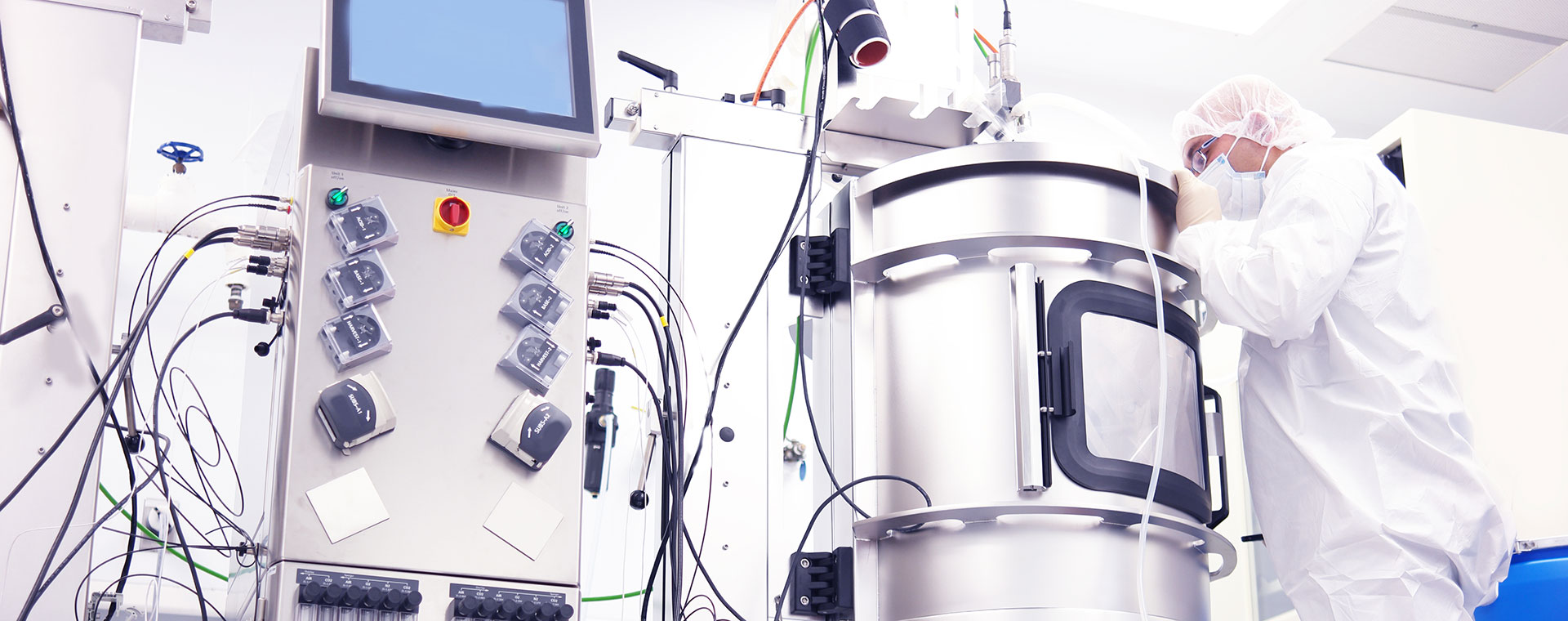
Optimizing Bioprocessing with a Focus on Upstream Capabilities:
Behind the Innovation with Senior Research Scientist Catherine Teo

Catherine Teo, Senior Research Scientist
Catherine works at Avantor’s Bridgewater, NJ Innovation Center. Her research is focused on developing and optimizing upstream production of biological therapeutics, such as antibodies, mRNA, or recombinant proteins.
When asked why she pursued a career in science, Catherine Teo responds, “Who isn’t interested in science? It is central to almost everything, from health care to transportation to cell phones. It’s all around us.” This appreciation for how science affects many aspects of the world inspires Catherine, a Senior Research Scientist at Avantor. “I began my career as a lab scientist working in virology – ten years ago. It’s fascinating that something so small can have so much impact on humankind. Because of COVID-19, everybody understands what viruses are and what they can do to people,” she explained. “Much of my work focuses on the positive impact viruses can have, such as leveraging their properties to support drug delivery for patient treatments.”
As a scientist specializing in upstream bioprocessing, Catherine and her team are focused on discovering, developing and delivering solutions to help the biopharma industry improve production output. “Upstream bioprocessing is a crucial phase in biomanufacturing that focuses on developing and optimizing processes to produce biological products, such as antibodies, mRNA, or recombinant proteins,” she explained. “Upstream bioprocessing is not just about optimization—it's a dynamic interplay of discovery and innovation. Scientists in this field are continually exploring new technologies and methodologies to enhance productivity, reduce costs, and improve the overall efficiency of biomanufacturing processes.”
Catherine leads multiple research projects in mRNA and cell and gene therapy at Avantor’s Bridgewater Innovation Center, a technology-driven research and collaboration environment where scientists partner with the biopharma industry to develop products that can help enhance productivity and improve overall efficiency.
Success at the Innovation Center depends on close working relationships with a spectrum of scientists. “As the work progresses, we collaborate across the entire workflow – with teammates working in upstream, downstream, chemistry and analytics,” she explained. One of Catherine’s most significant projects to date was developing new platform technology to address the challenges and bottlenecks of mRNA manufacturing: “The increased demand for mRNA therapeutics calls for a reliable technology platform and cost-effective manufacturing processes, and here at Avantor, we work towards that with innovation and collaboration.”
Another challenging project for Catherine and her team was to design and optimize yield and purity for bispecific antibody (BsAb) production. This is a complex challenge compared to traditional monoclonal antibody production, given the intricate nature of BsABs, which are being studied in oncology because they can bind to two different antigens at the same time. ”Overall,” Catherine explained, “upstream bioprocessing is critical for establishing a reliable foundation for downstream processes.
Catherine also works closely with Avantor’s Scientific Advisory Board, a group of leading life sciences clinical research, academia, and industry experts charged with steering Avantor’s innovation R&D priorities: “There are a lot of technologies and applications we want to get their insights on, so we remain on track for what the future brings,” says Catherine.
She’s also bullish on the role of artificial intelligence in upstream R&D: “AI is revolutionizing scientific research, making predictions by identifying patterns, making connections, and drawing inferences,” At the same time, Catherine explained, automation is giving even more time back to scientists to focus on research. “Data analytics already inform how we develop new platforms and experimental protocols for our scientists to work on in the lab. I could see AI being helpful as we design novel proteins. In addition, cell and gene therapy, mRNA, and vaccines could be accelerated faster than ever before.”
Learn more about Avantor’s bioprocessing solutions here.



